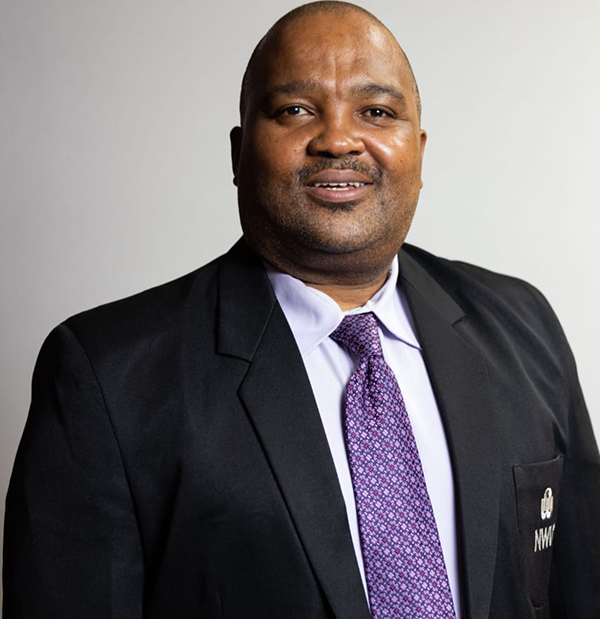The global energy dependency clock is ticking, and in South Africa it is doing so at a dizzying pace. What started as an impending energy crisis more than a decade ago has morphed into a situation that can only be described as akin to an irrevocable catastrophe. According to Prof Bismark Tyobeka, principal and vice-chancellor of the North-West University (NWU), stagnation in the country’s decision-making process is no longer an option.
“We have to commit to a way forward and we have to invest in the expertise to allow this path to lead to success. The time for indecision is over,” says Prof Tyobeka, who has held the position of CEO of the National Nuclear Regulator (NNR) of South Africa and plays a major role in various initiatives of the International Atomic Energy Agency (IAEA). He was also recently appointed as a member of the Nuclear Engineering Advisory Council (NEDAC) at North Carolina State University (NCSU) in the USA.
According to him, one such option is investing in nuclear energy to supplement renewable energy alternatives, as the country’s coal-based energy-supplying infrastructure is leaving South Africa in the dark.
However: “Our national decision-makers must make it clear whether the nuclear option is still on the table, otherwise we are wasting valuable resources. If we get the go-ahead, we can start in earnest to delve into this option, but the order has to come from the top.”
As small modular reactors (SMRs) are increasingly garnering attention as possible components of future energy solutions – especially considering the repurposing potential of the significant number of old coal-fired power stations that have reached or will soon reach the end of their life – nuclear energy is becoming a more appealing proposition.
Africa, and especially South Africa, should decide whether they want to take the atomic leap or risk the fallout of a future where their energy needs are at the mercy of factors beyond their control.

Prof Bismark Tyobeka
In this regard, the NWU is not only ideally suited to meet this challenge, but is already taking the national tertiary academic lead. The NWU is the only South African university with a PhD programme in nuclear engineering, and is at the forefront of providing research that advances clean and sustainable energy production. The NWU also offers a Postgraduate Diploma in Nuclear Science and Technology, as well as a Master of Science in Engineering Sciences with Nuclear Engineering.
“The higher-education sector plays a crucial role in producing knowledge and skilled practitioners in various fields, including nuclear science and technology. The NWU is therefore pleased to work with the Department of Mineral Resources and Energy, the International Atomic Energy Agency and the South African Nuclear Energy Corporation,” says Prof Tyobeka.
He continues by stating that: “Collaborations and cooperation in strategic areas such as education, research and development are non-negotiable, and many African leaders have been calling for the use of education and technological advancement to improve African economies and the people’s standard of living. We must continue to work hard towards a more integrated Africa, bound together by shared aspirations and vision. This is more crucial than ever before as we pursue the United Nations’ Sustainable Development Goals. There are a range of problems that hinder our continent’s progress, and access to reliable and clean energy is one of them.”
With a host of engineering research initiatives, as well as local and global partnerships, the NWU is geared towards finding sustainable, affordable and environmentally friendly alternatives to fossil fuels, and to improve energy access for all the country’s citizens.
If nuclear energy is to be part of the solution, Prof Tyobeka warns that the mistakes of the past that saw a massive exodus of nuclear expertise from these shores should not be repeated: “Not long ago we came close to being a leader in producing nuclear expertise, but that expertise left for opportunities abroad. At some point we must ‘nuclearise’ our students, or we risk training experts in sought-after skills that will be exported and not be used for the benefit of the country.”
Prof Tyobeka is adamant when he states that: “There is a huge demand for energy, and we cannot discount nuclear energy to quench this thirst.”
But, if the political will is not there, that glass will remain empty.
